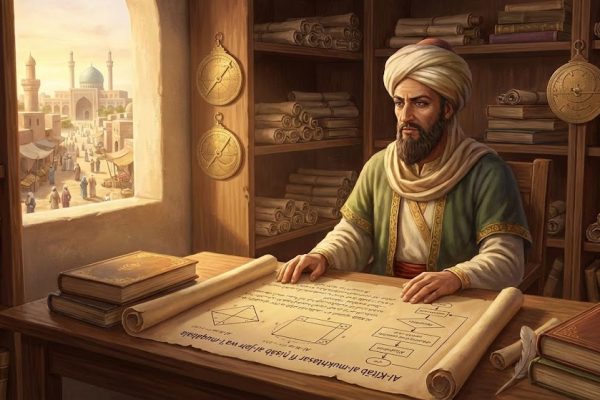
Muhammad ibn Musa al-Khwarizmi: The Muslim Genius Who Invented Algebra and Algorithms
Explore the life and legacy of Al-Khwarizmi, the Muslim scholar who created algebra, algorithms, and the numerical foundations of modern science.
History
Delve into the captivating tapestry of human history with Planet 92’s History section. Explore the stories of civilizations past, the triumphs and tribulations of great leaders, and the everyday lives of people throughout the ages. From ancient civilizations to modern revolutions, our articles provide engaging narratives, insightful analyses, and thought-provoking perspectives on key historical events and figures. Whether you’re a history enthusiast, a student of the past, or simply intrigued by the complexities of human experience, our comprehensive coverage offers a window into the events and personalities that have shaped our world. Join us as we uncover the mysteries, uncover the lessons, and celebrate the enduring legacy of history.

Explore the life and legacy of Al-Khwarizmi, the Muslim scholar who created algebra, algorithms, and the numerical foundations of modern science.
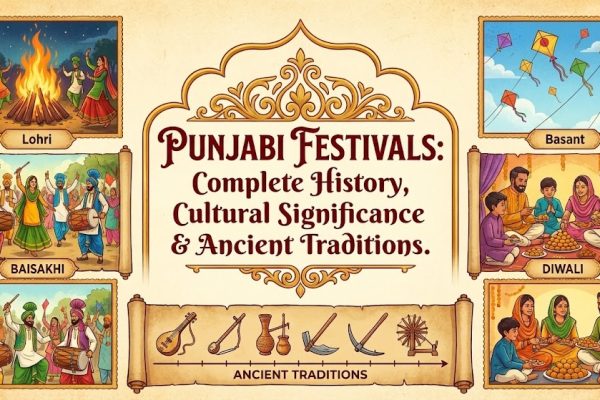
Explore the complete history of Punjabi festivals, from ancient agrarian traditions to Sikh and folk celebrations. Discover the cultural, seasonal, and spiritual significance of Lohri, Baisakhi, Maghi, Hola Mohalla, Teeyan, and other Punjabi festivals in this detailed guide.
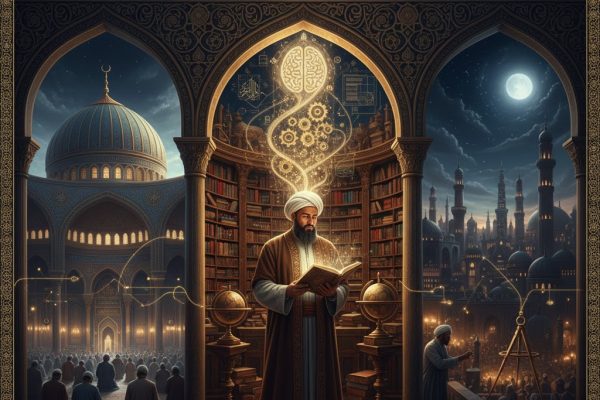
Discover how Islam transformed human thought from blind belief to scientific reasoning, laying the foundation of the modern scientific mindset.
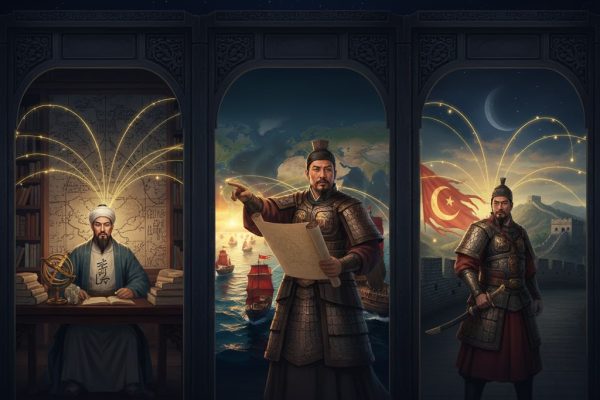
Discover the forgotten Muslim pioneers who helped shape Chinese civilization across the Song, Yuan, Ming, and Qing dynasties. From astronomers like Ma Yize and philosophers like Liu Zhi to legendary generals and navigators such as Chang Yuchun and Zheng He, this article reveals the hidden Muslim contribution to China’s science, military, culture, and global diplomacy.

Discover the full history of the 1637 Mystic Massacre, a pivotal event during the Pequot War that reshaped Native American–colonial relations. Learn about its causes, what happened during the attack, and its long-term impact on Indigenous communities and early American history.
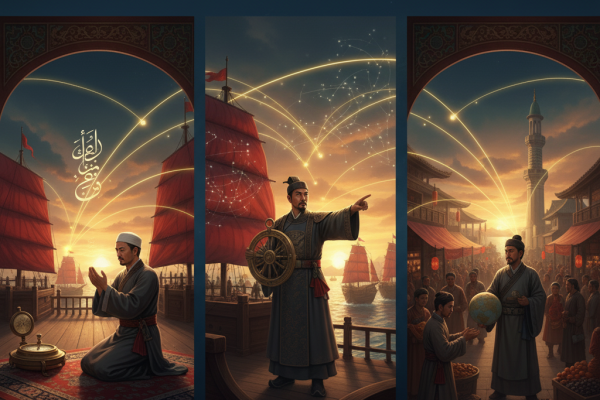
During the Ming Dynasty’s maritime golden age, Muslim navigators, scholars, and shipbuilders transformed China into a global sea power. Led by Admiral Zheng He, their voyages united Asia, Arabia, and Africa through science, diplomacy, and faith — proving that exploration could be driven by wisdom, not conquest.
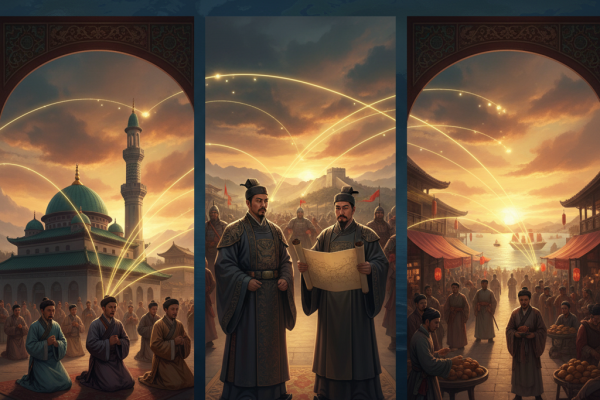
During the Ming Dynasty (1368–1644), Muslims played a vital role in shaping China’s political, scientific, and maritime legacy. From generals and astronomers to the legendary Admiral Zheng He, Chinese Muslims advanced trade, navigation, and diplomacy across Asia and Africa, uniting civilizations through faith, knowledge, and service to the empire.
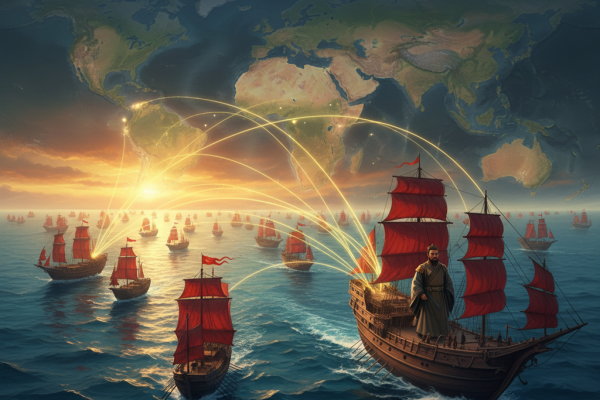
Zheng He, the legendary 15th-century Chinese Muslim admiral, led seven massive ocean expeditions across Asia, Arabia, and Africa long before European explorers set sail. Commanding fleets of over 300 ships, he built bridges of diplomacy, trade, and culture — proving that the oceans could unite humanity instead of dividing it.
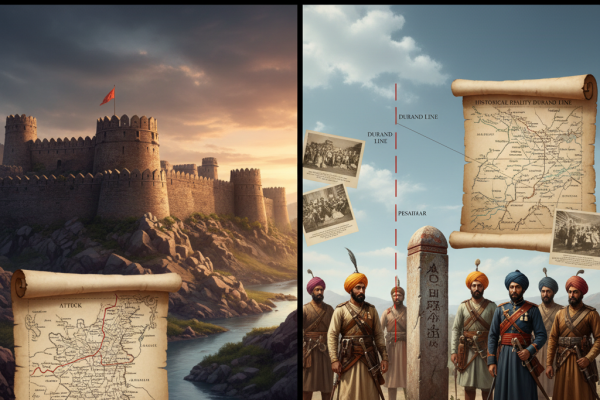
Uncover the real history behind the “Attock to Afghanistan” claim. A fact-based analysis of Afghan nationalist myths, regional politics, and true heritage.
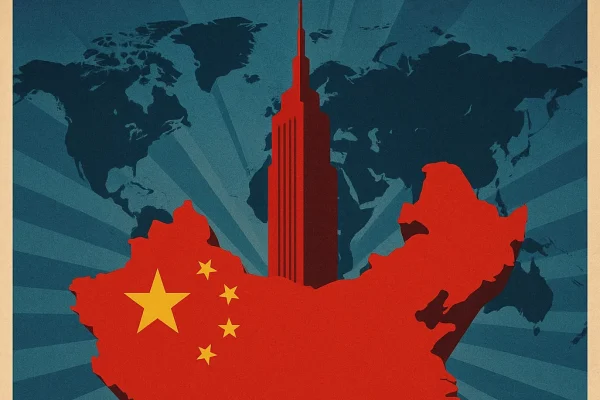
China’s rise as a global power is undeniable, but can it ever become a unipolar superpower like the United States? History shows empires were forged through wars — from Rome to America. China, by contrast, has risen through economics, not conquest. This blog explores why China may remain an economic giant in a multipolar world rather than the sole global hegemon.